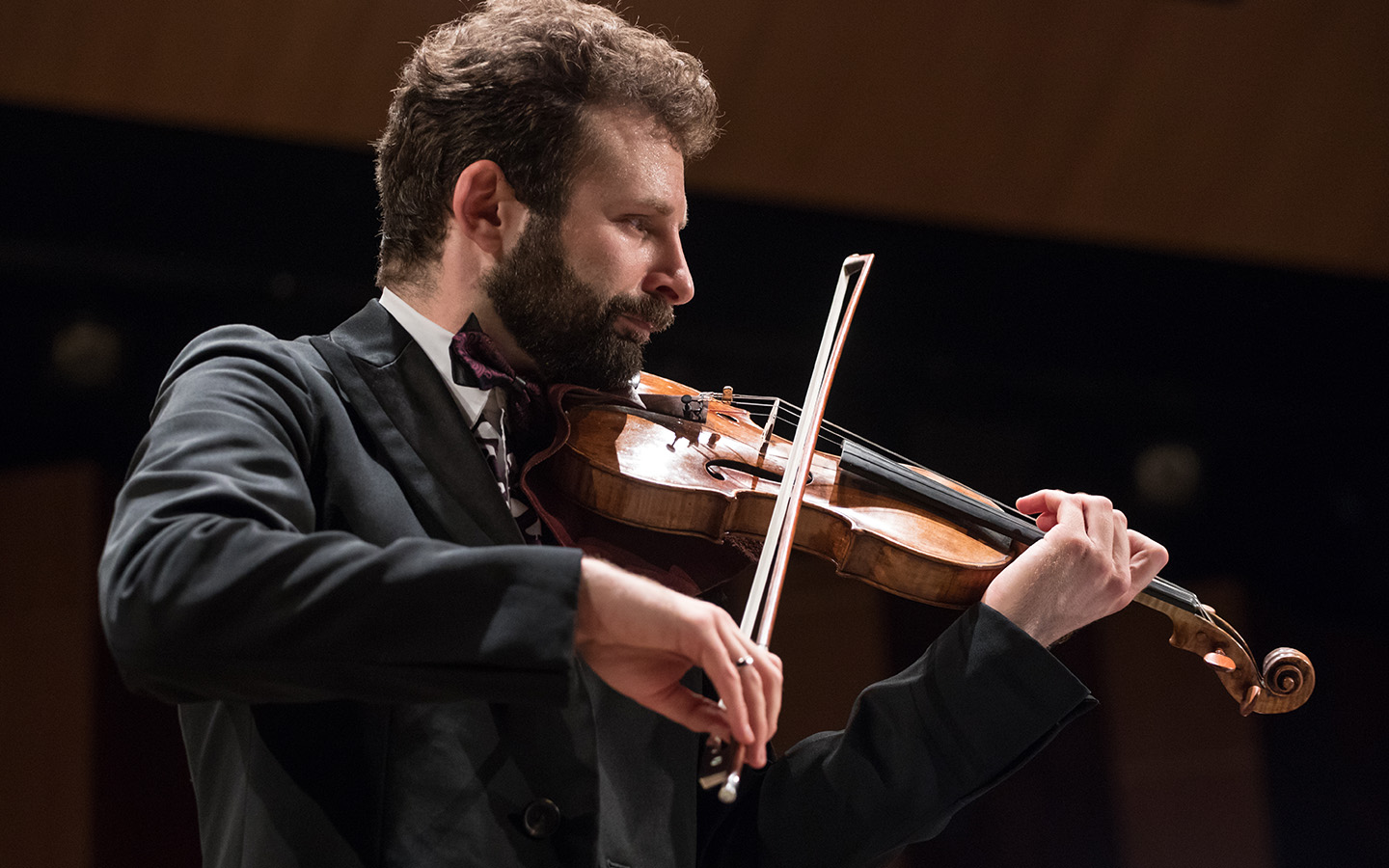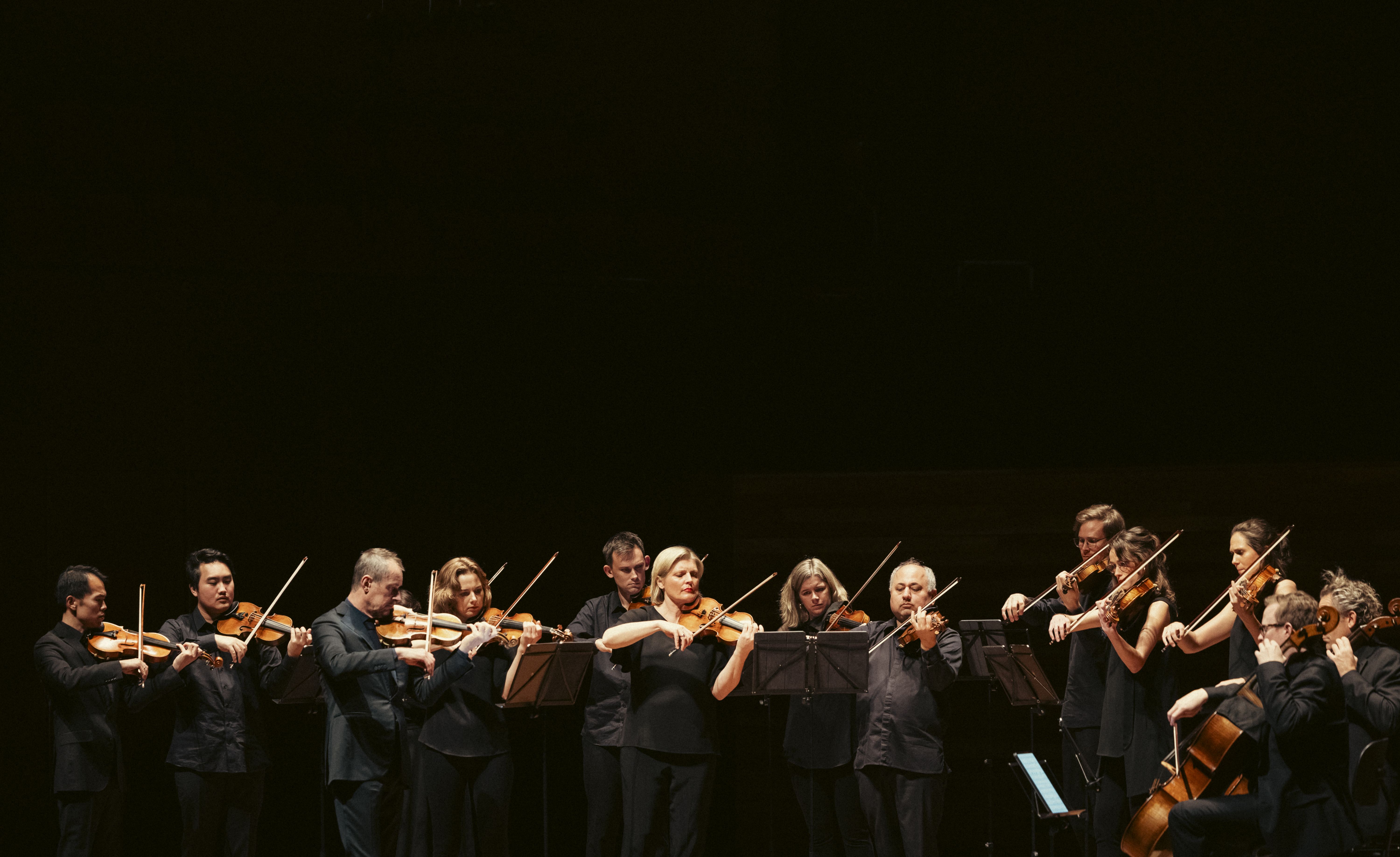
Emily Bitto speaks with Ilya Gringolts
When I speak to Ilya Gringolts, he is back in Russia for a few brief days of recording. In September, he will fly to Australia to guest-direct and perform with the Australian Chamber Orchestra. Somewhat nervously, I begin by asking him about the mantle of “child prodigy”, having heard he resists the label. “Well, I suppose you could call me that,” he says drily. “Although I developed too late for a child prodigy. These days you call child prodigies really five-, six-year-olds, maybe 10-year-olds, that can already play everything. But I haven’t started playing concerts properly until I was 14, 15, which is still early but hardly a child.”
Gringolts was 16 when he won the International Violin Competition Premio Paganini, the youngest winner in the history of the competition. A year later, the Russian virtuoso moved to New York to study at the Juilliard School under Itzhak Perlman, also flying in and out of Britain as a select member of the prestigious BBC Radio 3 New Generation Artists program. Since then, he has performed the world over, and spends almost half of every year away from his home base in Zurich.
Gringolts is now a teacher himself, and has thought deeply about the development of musical potential, both in himself and in his students. He tells me that, although a myriad of factors are involved in the early development of virtuosity, he believes the single most important factor is “what happens later on, after one grows up”. He explains that, “after the whole puberty thing happens and you actually become a person and no longer a child, then this personal development, how it proceeds, that is, I think, what makes a musician, really…”
This distinction between technical skill and artistic value is fundamental for Gringolts, one he says he has only truly begun to understand since becoming a teacher. “I think I grew out of this childhood state actually just a few years ago,” he laughs. What he has now gained is an understanding of, in his words, “what I’m looking for in music”. When I ask what that might be, he hesitates, as if unsure whether I will be able to follow him down a more esoteric path. “It’s just… it’s about time, how you manage time in music. That’s one factor, and the other factor is how you manage emotion. Emotion that is in music, and how you reconcile it with emotion that is in you, and that mixture of emotion that goes out, and then it has to awaken something in the listener. So that process is threefold, and has to be tightly controlled.” Returning to the idea of time, he explains that some of it is metaphysical. “A lot of it is linked to harmony, but not all. So it’s quite complex, really, and difficult to explain, but it makes the whole process of interpretation much more fine, because there are so many layers to open and to explore. It’s a never-ending discovery process.”
